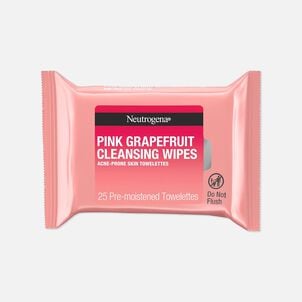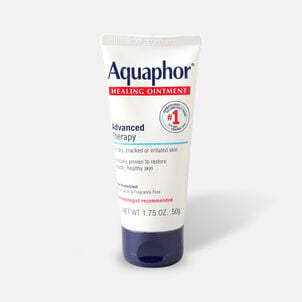Future Healthy: How women can use HSAs to set themselves up for success and security

A lot has been written about how women face a tougher financial road in retirement than men. Women are 80% more likely than men to be living in poverty after age 65, and women average far lower balances in their retirement accounts than their male counterparts, despite the fact that among women and men at the same income levels, women are more likely to participate in their employers' retirement plans.
A key part of the problem is the stubborn wage gap: Among men and women who work full-time in the US, women earn an average of 80% of what men earn, and that difference is expected to persist at least into the second half of this century. So even if women contribute the same percentage of their income to retirement accounts, they'll end up, on average, with less money saved.
Social Security provides an important safety net, but average Social Security benefits are significantly lower for women than they are for men.
All of this has to be considered in conjunction with the fact that women generally live longer than men — so they need their retirement savings to last longer — and they're more likely to need costly long-term care later in life: More than 70% of nursing home residents in the US are women.
If you're a woman wondering what you can do right now to set yourself on a path towards viable finances in your golden years, you may want to consider a health savings account (HSA).
An HSA provides more tax advantages than regular retirement accounts, although it can certainly double as a back-up retirement account. And if you can pay for your routine medical expenses without depleting your HSA, the money can grow for decades and serve as a nest-egg dedicated to tax-free funding for the long-term care that you're much more likely to need if you're a woman.
Women tend to be less comfortable than men when it comes to investing in the stock market, which is one of the reasons women tend to have lower retirement account balances than men. So investing HSA funds and viewing the HSA as savings for the distant future can help women secure a more financially solid future.
It's also worth noting that as long as they don't avoid investing altogether, the more financially conservative approaches that women tend to take can result in better outcomes, by avoiding things like excessive trading or trying to time the market.
Planning success with an HSA
If an HSA-qualified high deductible health plan (HDHP) fits your needs and is available to you, consider enrolling. You can do this through your employer, or you can sign up for an HDHP in the individual market (through the health insurance exchange in your state, or directly through an insurance company).
And if you do sign up for HDHP coverage, make every effort to fund your HSA. If you're lucky, you might find that your employer will contribute to your HSA as well: More than a third of employers that offer HDHPs also contribute to their workers' HSAs.
If you're married and have family HDHP coverage, know that you and your spouse can put money into separate HSAs, instead of contributing to one HSA. HSAs are never jointly owned, so if you make the family-level contributions to a single HSA, that money will be in an account owned by just one spouse.
Instead, some couples decide to each have their own HSAs, and split the family HSA contributions between the two accounts. Keep in mind that if you and your spouse both want to start making catch-up HSA contributions once you turn 55, you'll need to have separate HSAs.
Once you put money in your HSA, try to let it stay there. The vast majority of employers report that their employees tend to view HSAs as a place to put short-term savings to prepare for medical expenses that are likely to crop up in the immediate future. But recognizing the benefits of an HSA as a long-term savings vehicle can be a key component of preparing for the financial realities many of us will face in our later years.
That doesn't mean you can't take money out of your HSA for your current medical expenses. But don't limit your contributions to only what you think your immediate medical expenses will be. The benefits of an HSA get better with time, as you let compound growth work its magic.
The sooner you start all of this, the better. If you're 25, the idea of living in a nursing home might seem so far in the future that it's hard to imagine. But your 85-year-old self will look back and thank you if you start setting aside funds today to cover your distant future healthcare costs. And an HSA might be the perfect place to start.
As always, the information we provide here is general guidance. Be sure to consult with a financial or tax adviser before making any decisions about your own situation.
--
Whether it's for covering medical expenses, or planning bigger investments, our Future Healthy column will help support your path to retirement, no matter where you are on the journey. And for the latest info about your health and financial wellness, be sure to check out our HSA Learning Center, and follow us on Facebook and Twitter.


.png)
















